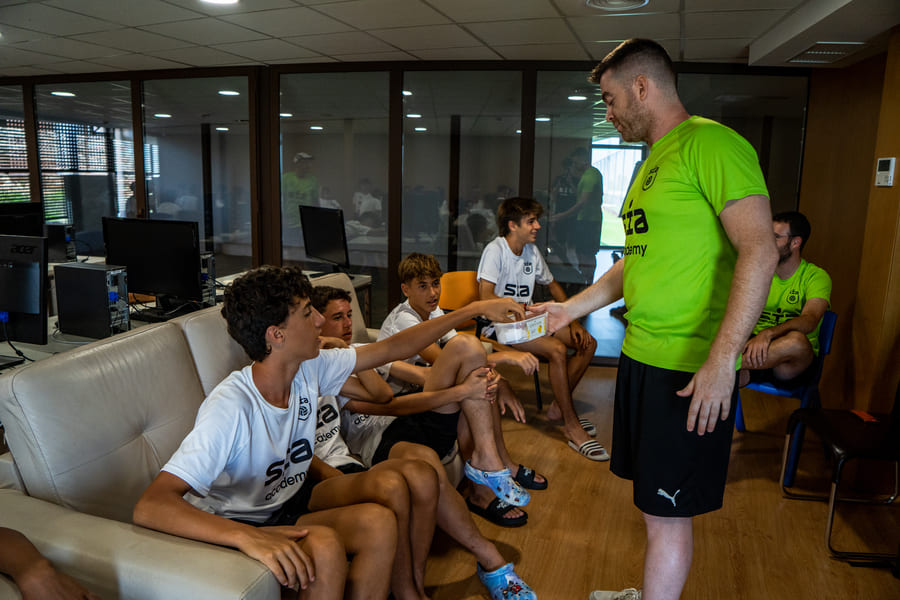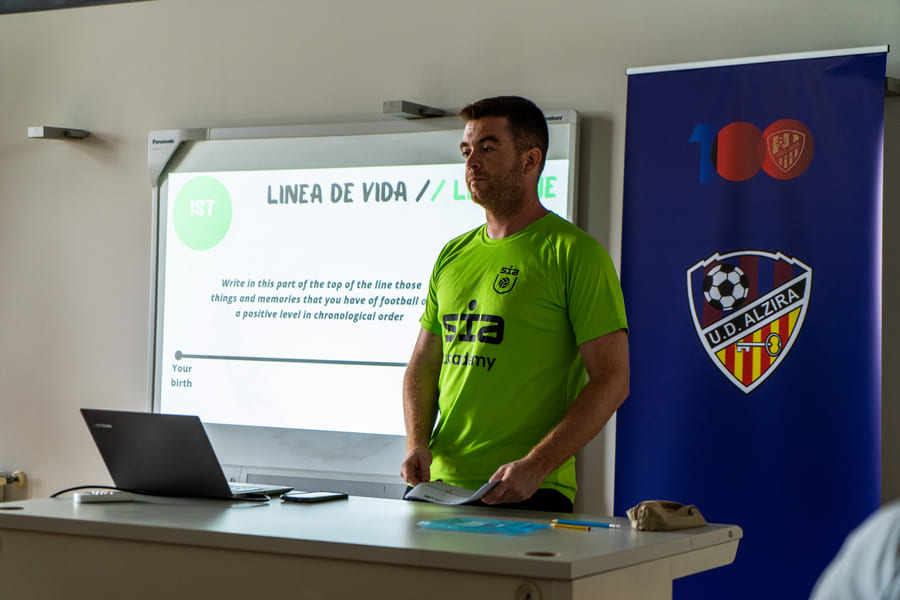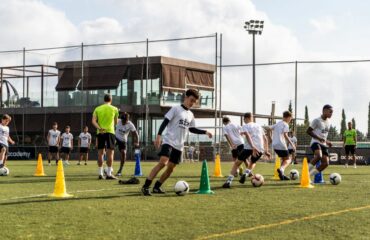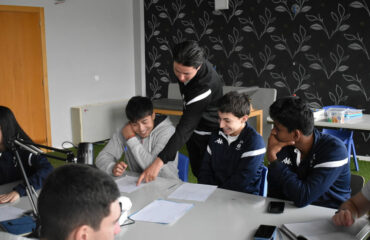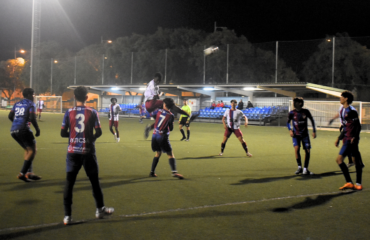In the world of high performance soccer, mental preparation is key to succeeding. Soccer players recognize the importance of sports psychology in their performance and development. It is increasingly common to work alongside Sports Psychology professionals, with whom you can complete your entire training in a complex way that is aimed at achieving your own goals and those of your team.
Through psychological techniques such as visualization, stress management, and goal setting, players can optimize their in-game performance. Prevention and working with a sports psychologist are essential to maximize the potential of each footballer.
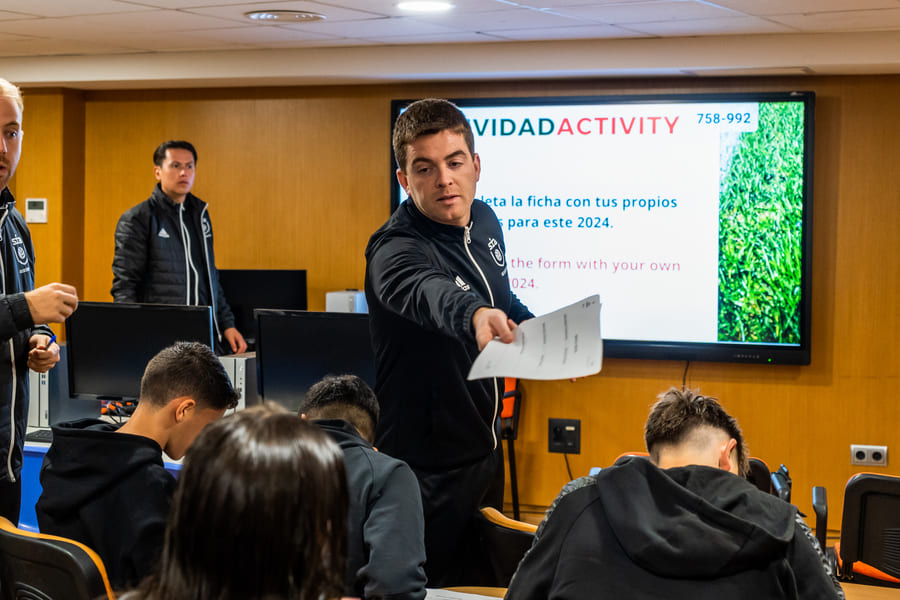
Table of contents
Development of mental skills in young high-performance soccer players
The development of mental skills in high-performance young footballers is a crucial aspect of achieving success on the field. Through mental training and strengthening their psychological capabilities, players can maximize their performance and face challenges with greater confidence.
Mental training and its importance
The demonstration of the role of psychology in the sports field is more than proven, and the mental training processes are very relevant to the achievement of the personal objectives of each athlete. That is why the inclusion of Sports Psychology allows the player to develop their full potential in an optimal and motivating way, such as, through the following psychological work situations:
• Implementation of daily mental routines
• Visualization techniques to improve performance
• Strategies to maintain concentration during matches
Development of psychological skills for performance
From the point of view of an athlete’s performance in the world of football, the various psychological skills that can be enhanced and/or acquired will represent a large percentage of the value of this footballer. This is why there are certain psychological variables that are directly related to elite performance, and their enhancement generates positive results in performance:
• Work on self-confidence and mental strength
• Adaptive management of emotions in pressure situations
• Effective resolution of internal and external conflicts
Impact of psychology on sports success
Psychology plays a fundamental role in achieving sports goals. The balance between mind and body, added to effective psychological strategies, can make the difference between average performance and high performance on the field of play.
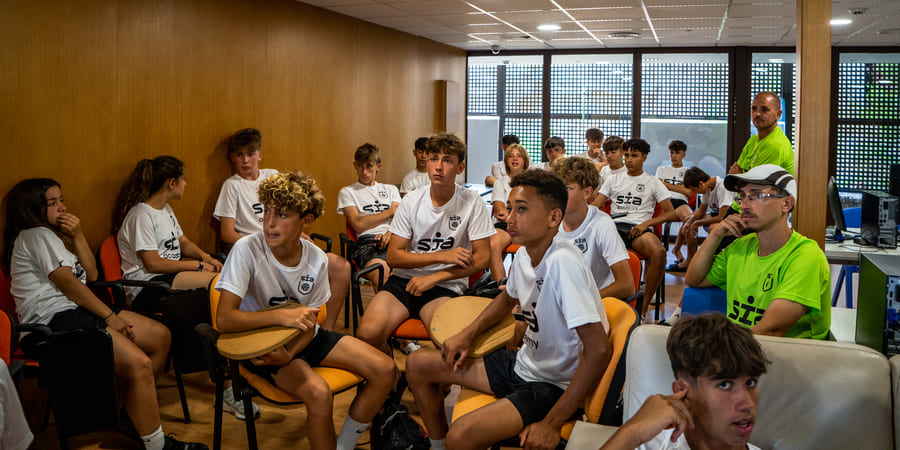
Psychological techniques to optimize performance on the field
To achieve maximum performance in high-level soccer, it is essential to master a series of psychological techniques that allow players to face challenges with confidence and determination. Below are the main strategies that help optimize performance in the field:
Visualization and concentration on the playing field
• Practice visualizing successful plays
• Concentration training to maintain focus throughout the game
• Imagination of game scenarios to reinforce decision making
Effective stress and pressure management
• Application of relaxation techniques before and during the game
• Breathing control to stay calm in critical situations
• Identification of negative thoughts and their replacement with positive affirmations
Goal setting and motivation in sport
• Definition of clear and achievable goals in the short, medium and long term
• Maintain motivation by reminding yourself of personal goals
• Celebration of achievements to reinforce self-confidence
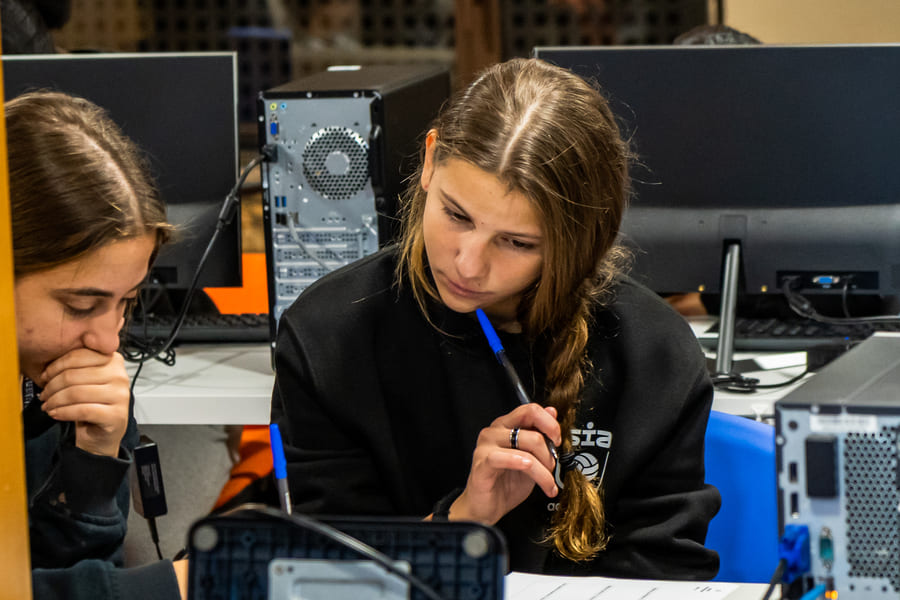
Prevention and preventive work with a sports psychologist
• Development of emotional management strategies to prevent situations of performance collapse.
• Implementation of conscious breathing techniques to control anxiety and stress during games.
• I work in collaboration with the sports psychologist to strengthen the self-confidence and self-esteem of footballers.
• Application of positive visualization tools to encourage a winning mentality and overcoming challenges.
• Establishment of realistic and achievable goals in conjunction with the sports psychologist to maintain motivation and consistency in training.
